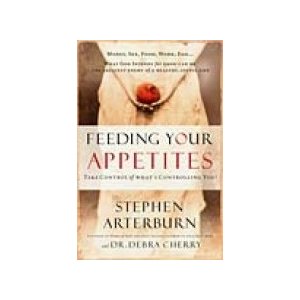Step 5:
Admitted to God, to ourselves, and to another human being the exact nature of our wrongs.
This step is probably one of the most challenging. It’s one thing to take our moral inventory in Step 4, but it’s quite another to admit our wrongs to another person. While living an addictive lifestyle, we’ve gotten very good at keeping secrets, hiding our shame in lies and denial. Now it’s time to come clean with God, ourselves and another human being.
Here are some tips to help with each area of Step 5…
Admitting wrongs to God:
It’s easy to justify not really working this part because after all, doesn’t God know everything I did already? Yes, that’s true. But not the point. We need to sit down and have a personal conversation with God, using our listed inventory from Step 4 if necessary. But more importantly, be open and honest about the things we did, that caused harm to ourselves and others, directly to God. It will probably be emotional, but that’s part of the healing.
Admitting wrongs to ourselves:
OK, didn’t I do this when I wrote out my inventory? Yes, and no. Most likely your inventory was taken in silence, with pencil and paper. This work needs to be audible. Sit down in front of a mirror, looking at yourself, going through the inventory list, honestly admit to yourself the wrongs done. If you’re anything like me, dealing with myself in the mirror is always painful. But often pain comes before healing.
Admitting wrongs to another human being:
The first two parts of Step 5 were rough, but this one is the clincher. Start first by carefully choosing a trustworthy person who won’t use your past against you. Find someone dependable, who will provide unconditional acceptance and not be shock or offended by what your reveal. When you’re comfortable with the person, sharing will be that much easier. Refrain from unnecessary detailed explanations.
Confess your sins to each other and pray for each other so that you may be healed.~ James 5:16
You make be tempted to procrastinate on this painful step. Don’t. The sooner you get Step 5 behind you, the faster you’ll be on the road to full and complete healing. Don’t hesitate to email me if you have questions.
Also, here are some excellent resources:
Life Recovery Bible
The Twelve Steps for Christians
Recovery: The Twelve Steps as Spiritual Practice
The Solid Rock Road
Take it Step by Step with @Bryan_Duncan http://youtu.be/swNgb9ya6WM

















